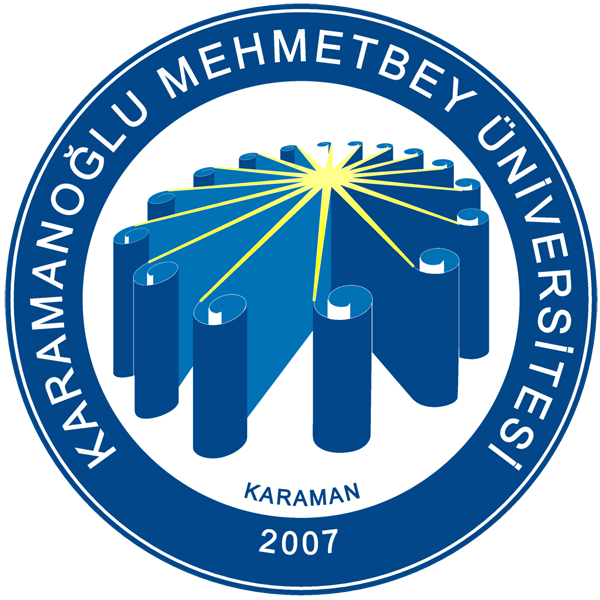Eczane Hizmetleri Bölümü (Eczane Hizmetleri Programı)
- Introduction
- Administration
- Departments
- Staff
- Internship
-
Student
- Curriculums
- Course Contents
- Forms
- Diploma/Diploma Supplement
- Course Responsibles and Weekly Course Distribution
- Directive on Graduation Certificates
- Associate and Undergraduate Academic Advising Guidelines
- Vocational Schools Internship Directive
- Vocational Schools Directive on Vocational Education in Business Administration
- Three Lessons (Formerly Single Lessons) Exam
- Course Registration Support
- Course Registration Guide
- Employment
- Education-Training and Examination Regulation
- Prospective Student
- Useful Information
- Legislation
- Contact us
- FAQ= Frequently Asked Questions
